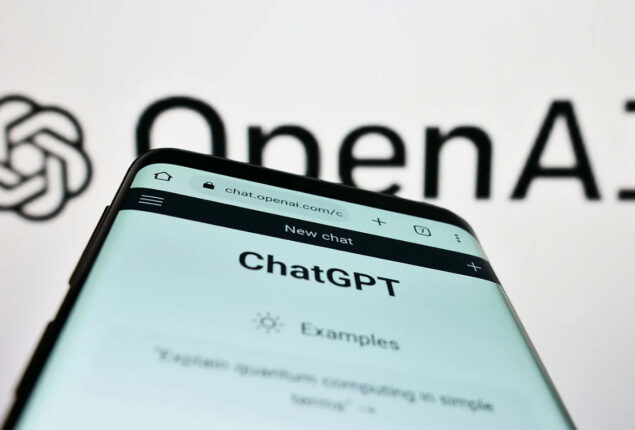We have unfair expectations to blame for ChatGPT’s let-down
Jaspreet Bindra
When ChatGPT was released in November 2022, it shot up to 100 million users in 2 months. The hype around it, however, shot up faster and higher. It was considered to be as big as the internet, search and the iPhone, and pundits compared it to electricity, even fire. The New York Times called it “our Promethean moment,” and one of its reporters felt that “we are not ready” for something so big. The early arrival of Artificial General Intelligence (AGI) was considered a given, with experts saying that there was a “non-zero chance” of achieving it within five years. The imminent demise of Google was blithely predicted, as a tweet by Dan Grover summing up this wild exultation: “I can’t get enough of this ChatGPT thing… It feels like the first iPhone. The moon landing. Staring into the abyss. I am not ready for this.”
Almost a year hence, the narrative has sobered down. Two recent articles, one by Gary Marcus and the other by John Thornhill, are especially illuminating. Marcus, to his credit, has been remarkably consistent in his views, and was perhaps the lone dissenter during the peak of ChatGPT’s hype. In his recent piece (bit.ly/45KQDtC), he refers to an S&P survey where enterprises struggle with the “high costs and confusion” to deploy it. Consumers seem to be tiring of it too. Stack Overflow reports a drop in ChatGPT traffic, and the GPT4-infused Bing is still stuck with a minuscule 3% market share. Legal battles are looming large, with a set of authors suing OpenAI and others for plagiarizing their content “at industrial scale”. NYT is considering doing the same to make OpenAI pay for each infringement. James Thornhill’s FT article (bit.ly/44LWiyu) continues the scepticism, talking about ChatGPT’s hallucinations and non-truths. He also warns of “model collapse” due to synthetic content produced by generative AI polluting the future data sets on which the next versions are trained. He closes with this: “Doubtless, Marcus will also be proved right that much of the corporate money thrown at the technology will be wasted and most start-ups will fail. But who knows what new stuff will be invented and endure? That is why God invented bubbles.”
I hold a different view: The problem is not the technology, but our expectations of it. I believe that expectations from ChatGPT are so lofty that there is bound to be disappointment. Generative AI was never meant to be a substitute for search; we made it so. It never was AGI; we put it on that pedestal as it passed the Turing Test of our mind. It was us who started dreaming of it as a ‘superintelligence’, dreading its purported planet-destroying capability. In the very next second of the ChatGPT Big Bang, we proclaimed it to be ‘disruptive,’ and then sat back to watch it remake entire industries, which of course never happened.
The moment we temper our expectations, we may see it for what it is: a near-miraculous technology that unleashes the power of language and creativity. It is not search. As Shaan Puri tweeted presciently: “Google is a search engine, ChatGPT is a thought engine.” It is Generative AI, and there is a reason it is called that. We must use it to ‘generate’ big ideas, legal drafts, ad copy, stunning art and perhaps even new proteins and mRNA molecules. The power allows us to make our work more productive and efficient—you have to see the power of Microsoft’s Copilots or Adobe’s Firefly to believe how it can transform our work and creativity. It has the potential to build personalized one-on-one tutors for students and make education magic, as Khan Academy is demonstrating. Some of its problem solving and code-generating abilities are jaw-dropping. While there are not as many use cases at scale in enterprises, the combination of Generative AI and good old machine learning can be quite profound and take the use of AI in enterprises much further. It does hallucinate, but as A16Z’s Andreessen Horowitz said: “When we don’t like it, it is hallucination, when we like what it says, it’s creativity!”
I believe that Generative AI will be an assistive technology in many areas, and disruptive in a few, and we need to see it for what it is. It is not the advent of AGI, neither it is the new fire or internet, and it certainly will not disrupt every industry we have ever created, take away all our jobs, make cars fly, or solve world hunger. Yet, it is an amazing creative, efficiency and generative tool for office workers, creators, software developers and many others. In one short year, it has given us so much to wonder about, and its best years are yet to come. So, rumours of its death, to paraphrase Mark Twain, are greatly exaggerated.


